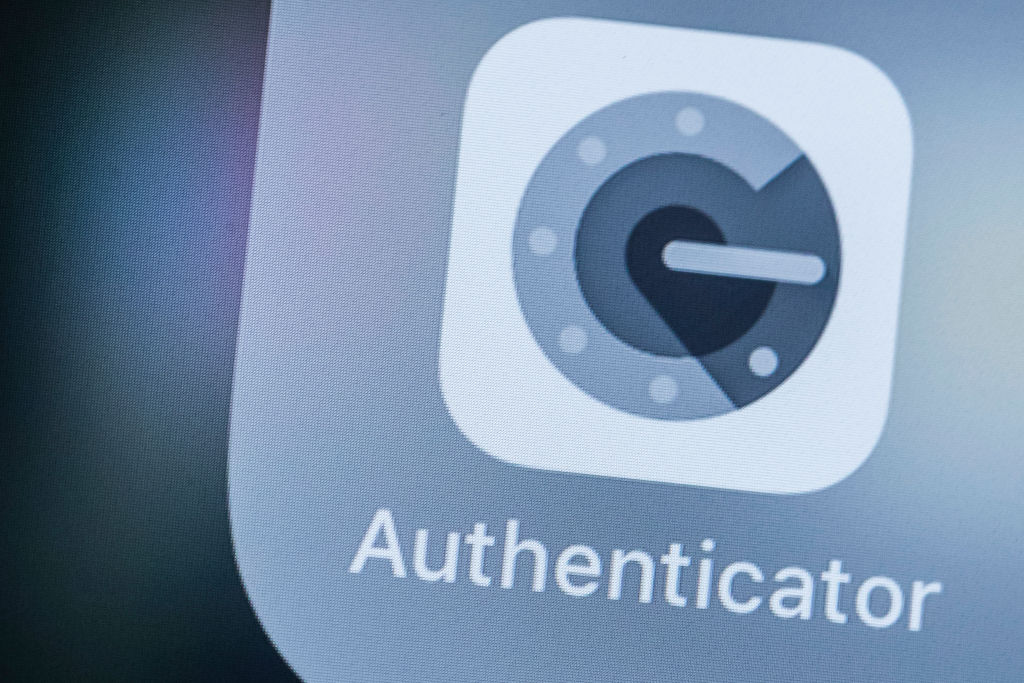Google: 1.5% of all login attempts use compromised passwords
Report says popular sites like Netflix and a number of government portals are at risk of 'credential stuffing'


Figures from Google's recently released Password Checkup extension have revealed 1.5% of sign-in attempts are being made using details that have been compromised in data breaches.
Despite being regularly notified that their details have been leaked to hackers, a large proportion of users fail to change their passwords or deactivate accounts, according to the data.
Only 26% of users with compromised details changed their passwords after being notified by the extension, and just 60% of these changes were actually secure against brute force guessing.
The extension constantly monitors a user's login attempts and scans them against a database of 4 billion usernames and passwords known to have been involved in third-party data breaches.
Around 650,000 users participated in the experiment which saw 21 million login attempts scanned and analysed. Google said 316,000 of these logins used unsafe credentials, equating to roughly 1.5% of all attempts.
"Hijackers routinely attempt to sign in to sites across the web with every credential exposed by a third-party breach," said Google. "If you use strong, unique passwords for all your accounts, this risk disappears."
Using anonymous telemetry gathered from the extension, Google was able to determine the relative credential stuffing risk to the type of website used.
Sign up today and you will receive a free copy of our Future Focus 2025 report - the leading guidance on AI, cybersecurity and other IT challenges as per 700+ senior executives
For example, the highest risk of successful credential stuffing attacks using compromised login details would be on popular entertainment sites such as Netflix, while the likes of government online portals and online banking platforms, although at a much lower risk, were still vulnerable to these types of attacks.
Credential stuffing is a crude method attackers use to break into people's accounts which involves taking stolen login details and spamming different sites with these details, often using automated programs, in the hope of gaining access to more potentially sensitive data.
It differs from brute force attacks which involve trying to guess passwords or other details in multiple login attempts on a string of sites.
Until now, the extension hasn't afforded users the right to opt-out of having their anonymised telemetry sent back to the company, however, Google has since made this an option.
"By design, the Password Checkup extension ensures that Google never learns your username or password, regardless of whether you enable telemetry, but we still want to provide this option if users would prefer not to share this information," said Google.

Connor Jones has been at the forefront of global cyber security news coverage for the past few years, breaking developments on major stories such as LockBit’s ransomware attack on Royal Mail International, and many others. He has also made sporadic appearances on the ITPro Podcast discussing topics from home desk setups all the way to hacking systems using prosthetic limbs. He has a master’s degree in Magazine Journalism from the University of Sheffield, and has previously written for the likes of Red Bull Esports and UNILAD tech during his career that started in 2015.
-
 The trends that will shape workplace culture in 2026
The trends that will shape workplace culture in 2026In-depth Tech leaders share their insights on how businesses can embrace change across hiring, training, and culture
-
 Why the UK is primed to lead a global charge in ‘green AI’ innovation
Why the UK is primed to lead a global charge in ‘green AI’ innovationNews UKAI says there are major economic incentives and a big opportunity for the UK to lead the world in green AI development
-
 Microsoft Authenticator mandates number matching to counter MFA fatigue attacks
Microsoft Authenticator mandates number matching to counter MFA fatigue attacksNews The added layer of complexity aims to keep social engineering at bay
-
 As Google launches passwordless authentication for all, what are the business benefits of passkeys?
As Google launches passwordless authentication for all, what are the business benefits of passkeys?News Google follows Apple in its latest shift to passwordless authentication, but what are the benefits?
-
 There's only one way to avoid credential stuffing attacks
There's only one way to avoid credential stuffing attacksOpinion PayPal accounts were breached last year due to a credential stuffing attack, but can PayPal avoid taking responsibility?
-
 Google Authenticator 2FA update accused of making service less secure
Google Authenticator 2FA update accused of making service less secureNews Lack of end-to-end encryption in code backup has some developers worried
-
 Five things to consider before choosing an MFA solution
Five things to consider before choosing an MFA solutionIn-depth Because we all should move on from using “password” as a password
-
 What is multi-factor authentication (MFA) fatigue and how do you defend against attacks?
What is multi-factor authentication (MFA) fatigue and how do you defend against attacks?In-depth Strong authentication is key to security, but it needs to be properly managed to avoid MFA fatigue
-
 Beyond Identity strikes up strategic partnership with World Wide Technology
Beyond Identity strikes up strategic partnership with World Wide TechnologyNews WWT will implement Beyond Identity’s authentication platform internally while also acting as a global channel partner
-
 Implementing strong authentication across your business
Implementing strong authentication across your businessIn-depth Strong authentication is hugely important, but implementing any regime at scale is not without its challenges